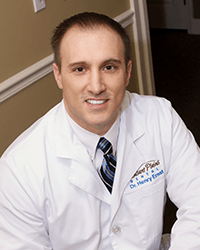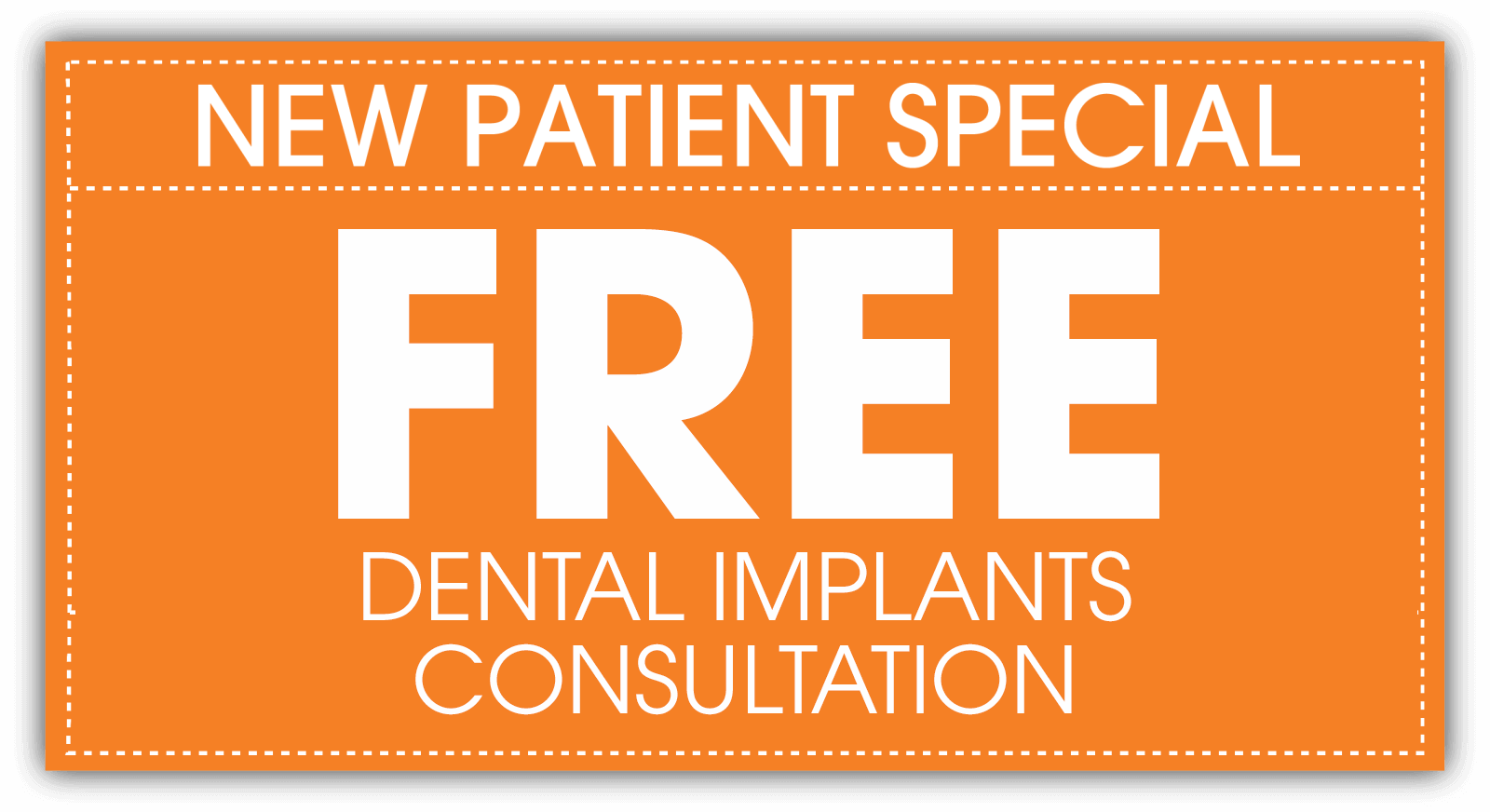What is Meth Mouth?
 The widespread use of methamphetamine in the United States is growing in intensity and complexity. While it contributes to physical and psychological issues short-term, the long-term effects can be irreversible, often ending in death. Dental health professionals are becoming more and more familiar with the devastating oral effects of methamphetamine usage, given the distinct pattern of tooth decay they see in patients that use it. Known as Meth Mouth, teeth become blackened, stained, and rotted, and often fall out.
The widespread use of methamphetamine in the United States is growing in intensity and complexity. While it contributes to physical and psychological issues short-term, the long-term effects can be irreversible, often ending in death. Dental health professionals are becoming more and more familiar with the devastating oral effects of methamphetamine usage, given the distinct pattern of tooth decay they see in patients that use it. Known as Meth Mouth, teeth become blackened, stained, and rotted, and often fall out.
As an extremely acidic drug, Meth contributes to severe tooth decay in several ways. On a psychological level, those using Meth often go for long periods of time with poor dental hygiene. For instance, a Meth “high” can last up to 12 hours. During this time, users commonly binge on high-calorie, sugary foods and beverages. In turn, the high also causes users to grind or clench their teeth. This can lead to tooth fracture, especially if teeth are already weak.
Physiologically, the use of Meth leads to decreases in saliva flow. Saliva plays an important role in oral health by washing away bacteria and limiting the growth of new bacteria. It also naturally cleans teeth by washing away food particles and plaque. With a decrease in saliva, many will develop dry mouth. Very common in Meth users, dry mouth advances tooth decay.
Dental providers notice several key characteristics in Methamphetamine users:
- Accelerated tooth decay that cannot be explained
- Specific pattern of tooth decay—with noticeable decay on the smooth surfaces of teeth as well as the interproximal surfaces of the back teeth
- Sickly, malnourished appearance overall (due to lack of appetite)
There’s no doubt—Meth usage in the U.S. is a cause for concern. Over 1 million claim to have used Meth in the past year.
At Pleasant Plains Dental, the oral health of every member of your family is important to us. If you or someone in your family has used Methamphetamines or are currently using them, you can trust us to use discretion in your case. We want you to know—advancements in dentistry make it possible for everyone to achieve good oral health. Call Pleasant Plains Dental today for trusted, patient-centered dentistry.
Posted on behalf of Dr. Henry J. Ernst, Pleasant Plains Dental

 Watch Our Practice Video!
Watch Our Practice Video!